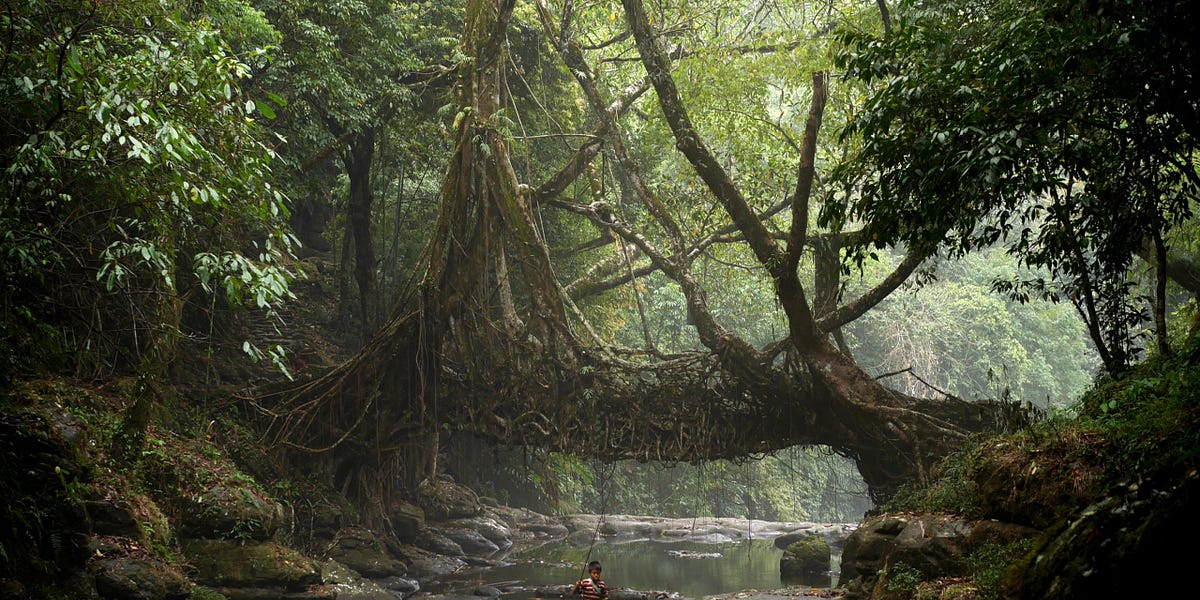We call nature ‘the wilderness’ and animals within it ‘wild animals’ while we are ‘civil’ humans. This type of language alone shows our un-symbiotic relationship with nature. We see us, humans, ourselves, as being separate or even superior to nature (the ‘wild’ vs the tame, conscious, civil), a mental model that is at the root of so many powerful a... See more

